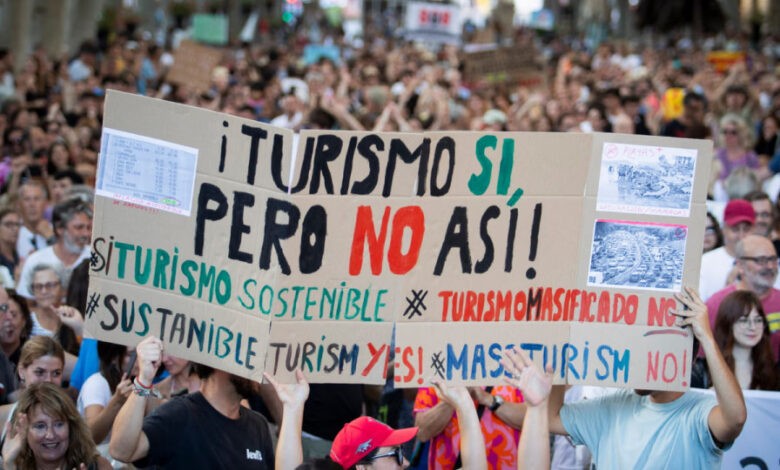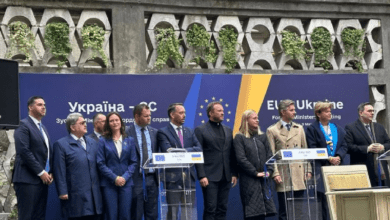The wave of protests against mass tourism in Spain may spread across Europe: UNESCO

The wave of protests against over-tourism that has gripped Spain could soon spread to other European countries if measures are not taken to address the problems caused by the large influx of tourists and rising housing costs. This was warned by the senior manager of the UNESCO project on sustainable tourism, Peter DeBrien, noting that the situation is already getting out of control. This information is provided by The Guardian.
Over the past few weeks, thousands of people have taken to the streets of Spain’s most visited tourist cities. Organizers of the protests emphasize that their goal is not to abolish tourism, but to find a more balanced approach to its development.
DeBrien emphasized that the problem has already reached a critical point:
“We have crossed the threshold of tolerance in these regions. This is an attempt to restore balance, because the situation has become completely out of control.”
The main reason for the protests is the housing crisis caused by tourism. For example, in Ibiza, local residents are forced to live in vans and tents, and in Málaga, the so-called “sticker rebellion” began, when stickers with the inscriptions “a family used to live here” or “go home” appear on houses.
UNESCO has always supported tourism as a means of increasing interest in cultural heritage. However, in the age of social networks, this goal has become more difficult to achieve. DeBrien noted:
“We observe that tourism is increasingly reduced to selfies. People only want to take pictures, without giving importance to cultural objects.”
DeBrien called the protests in Majorca, some of which included violent acts such as dousing tourists with water, “extreme and unnecessary” but added that they were the result of deep frustration among local residents. He emphasized the need to solve this problem, otherwise similar protests may arise in other European countries.
DeBrien emphasized the importance of taking steps to improve the situation for local residents, noting that these issues may take some time to resolve.
“We have the opportunity to make changes and try new approaches. Our task is to become more sustainable.” he concluded.





